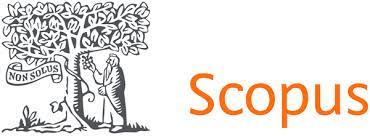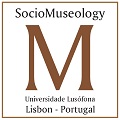Decolonizing Afro-Brazilian oratories
Abstract
This text addresses the decolonization of Afro-Brazilian domestic oratories and its implications as a magic device of a European-based religion that finds subsidies in African-based religions over the centuries, and assumes an acculturation that allows it to result in a symbiosis of rites, where the Catholic religion was imbued with a particular Afro-Brazilian religiosity. In this way, we seek to understand the decoloniality imposed on the use and creation of these objects from the workforce, their use and plasticity. Therefore, a theoretical framework was sought in authors such as Edgardo Lander (2000), Nelson Maldonado-Torres (2007), Dussel (1994), Menezes (1998), Barros (1982), Bérgson (1999) and Bosi (1987). The result allows us to understand the domestic oratory object as a holder of aura that allows us to understand it as an object subject to decolonization and decolonization. Thus allowing to understand its particularities as an object of memory that permeates the individuality reaching the collectivity.
Keywords: Afro-Brazilian Oratory. Decoloniality. Memory. Folkcommunication.
Downloads
Authors retain copyright and grant the journal right of first publication with the work simultaneously licensed under aCreative Commons Attribution License that allows others to share the work with an acknowledgement of the work's authorship and initial publication in this journal.













